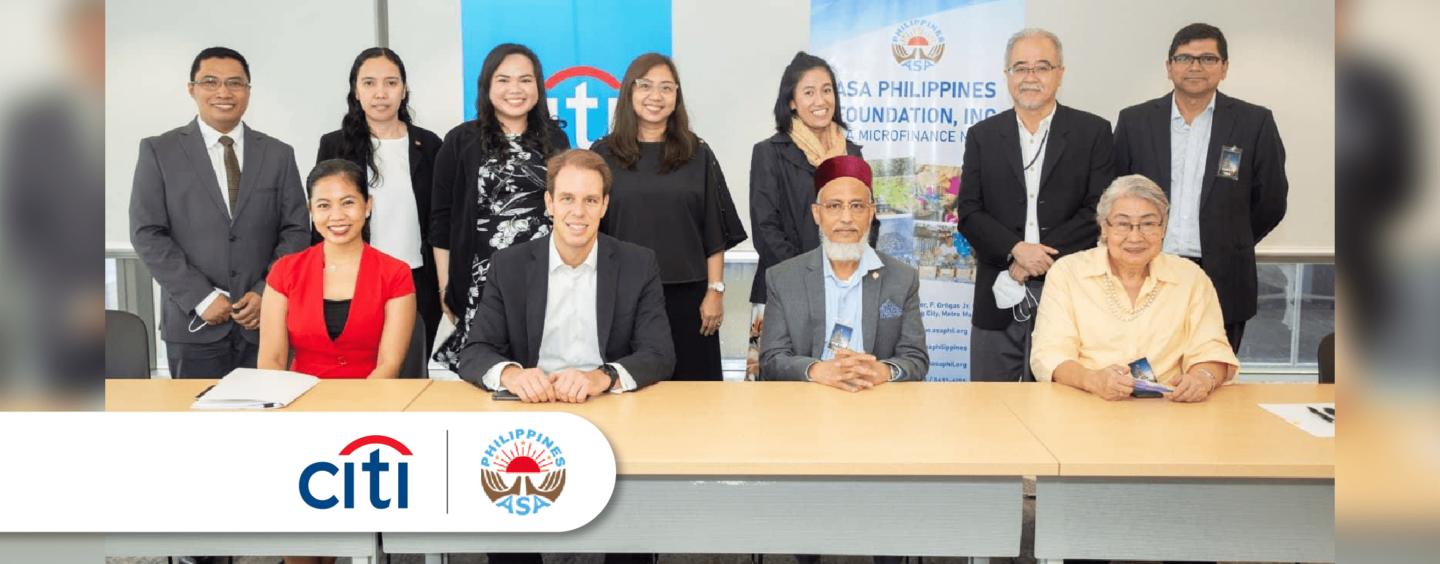
Citi Loans US$20 Million to ASA Philippines to Support Women-Led MSMEs
by Fintech News Philippines November 28, 2022The ASA Philippines Foundation, a non-profit prganisation, secured a US$20 million loan (over PHP 1 billion) from Citi Philippines to provide financial assistance to low-income women for entrepreneurial ventures in the country.
This loan aims to support nearly 70,000 female entrepreneurs in the Philippines.
ASA Philippines Foundation serves low-income women entrepreneurs and improves their livelihoods through microfinance and other social services.
The institution serves over 2 million women entrepreneurs through more than 1,600 branches across 82 provinces in the Philippines.
The foundation also provides an array of services to their clients including burial assistance, college and university scholarship programmes, disaster relief assistance and rehabilitation, business development training and marketing support, medical missions, child feeding as well as out of school youth training for the families of their beneficiaries.
The transaction contributes to Citi’s US$1 trillion commitment to sustainable finance by 2030.
The initiative supports the bank’s economic inclusion criteria which aims to improve access to credit and financial services among the vulnerable or underserved communities, including MSME financing.
Citi has also committed to investing in opportunities for 15 million households, including 10 million women by 2025.
Kamrul Tarafder, President and CEO of ASA Philippines said,

Kamrul Tarafder
“With the help of this funding, we will be able to achieve the next milestone of 2.5 million active borrowers.
By providing MalASAkit (interest-free) financing, this funding will allow us to assist clients’ businesses that were impacted by the pandemic and natural disasters.”
Fernando Fleury, Citi Philippines’ Corporate Bank Head said,
“We are committed to assist financially underserved women microentrepreneurs in the Philippines.
We have long been champions of financial inclusion and this transaction is aligned with Citi Social Finance’s mandate to expand access to jobs, basic infrastructure and basic services among low-income communities in emerging markets,”








